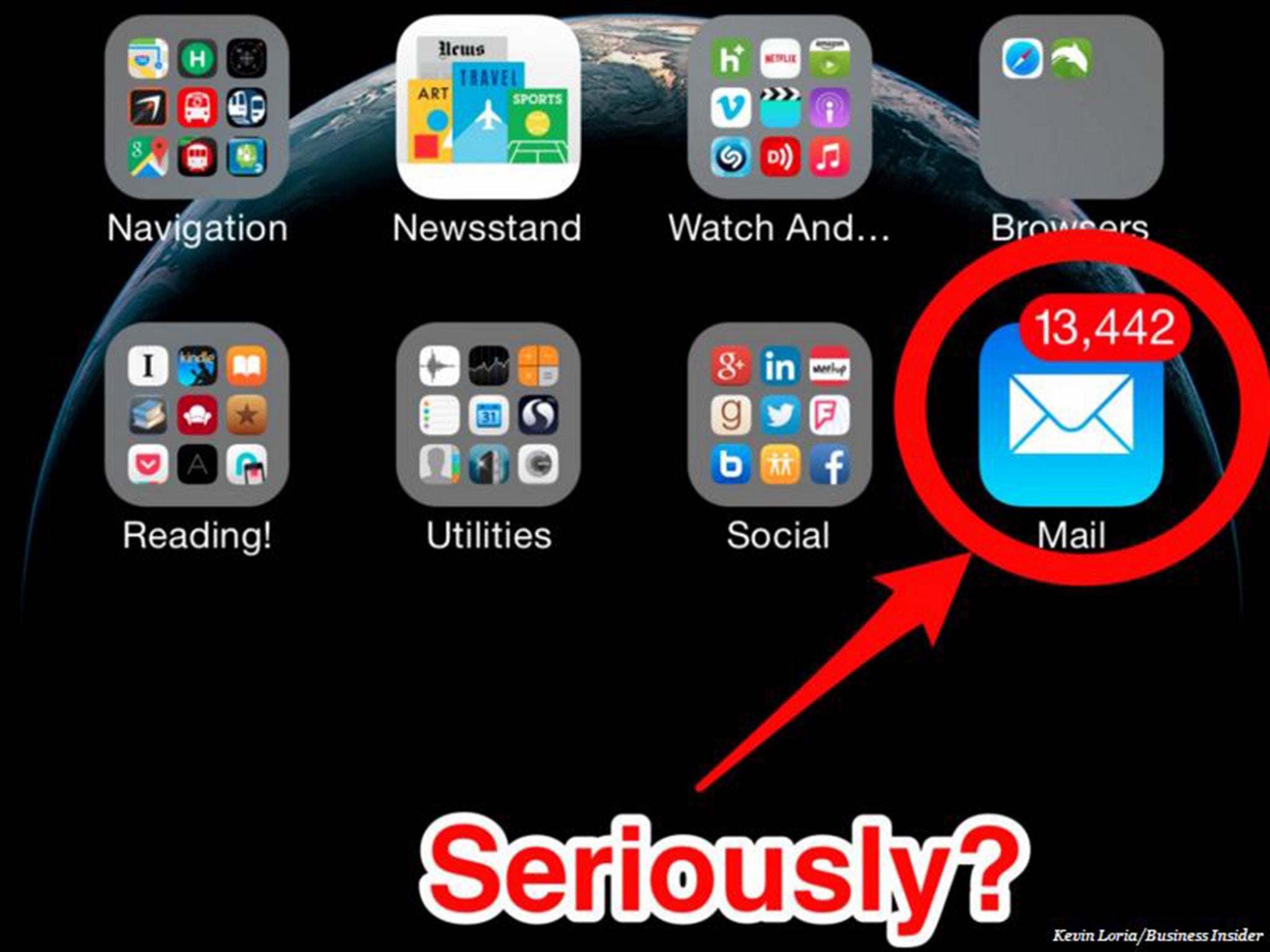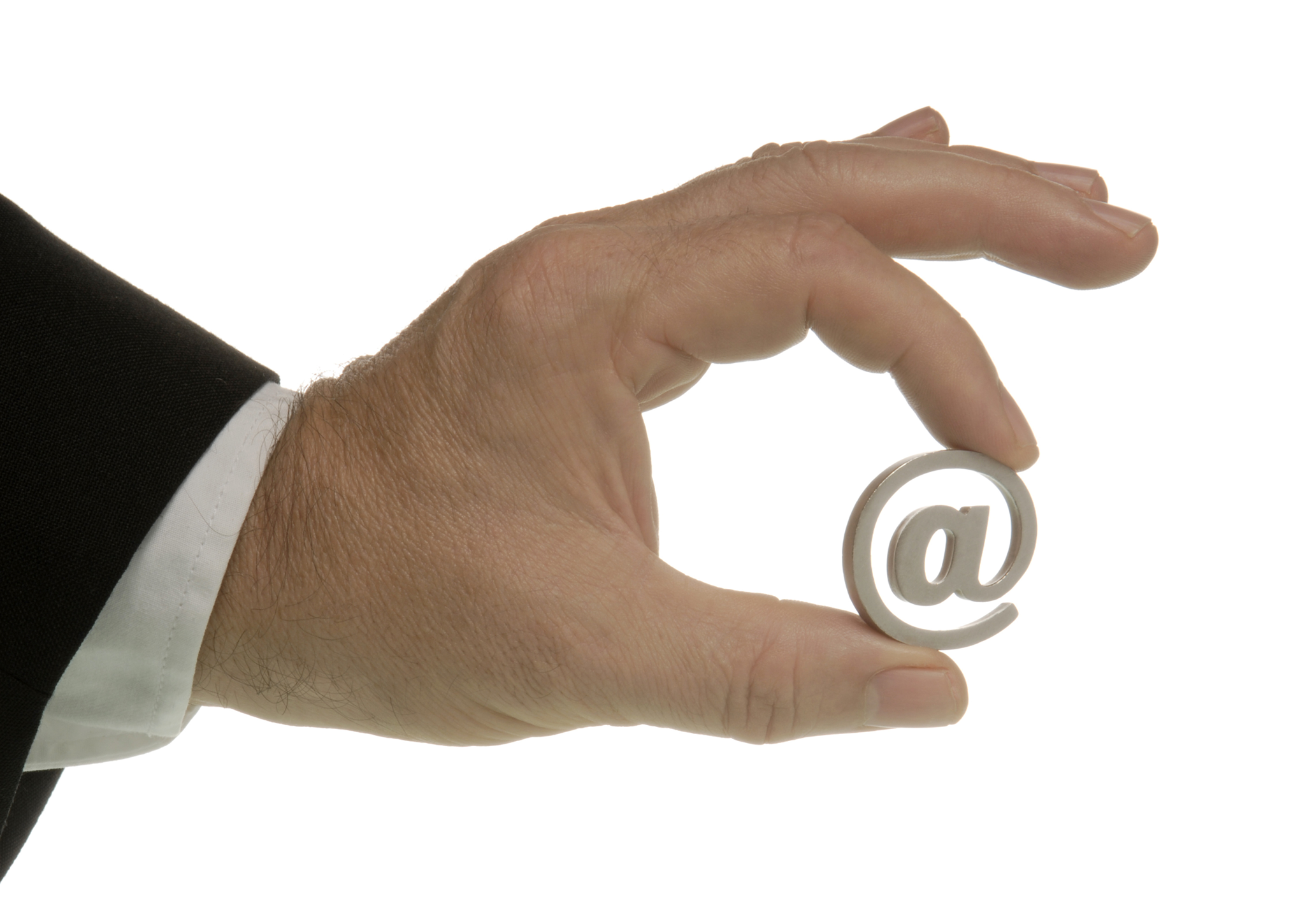What your email inbox says about your personality
Are you a deleter, a saver, or an ignorer?

When I texted a friend to say I was thinking about writing an article on what your inbox might reveal about your personality, he immediately texted me back:
“I've got three emails in my inbox. What does that say about me?”
“It means you're the worst,” I texted back.
By “you're the worst,” of course, I meant, “your ability to manage your digital life is everything I aspire to, and I am therefore insanely jealous.”
At the moment, my personal inbox contained 57 unread emails, plus thousands of read messages that I'd never bothered to file or delete. In fact, if I'm being completely honest, the number 57 was a point of pride, as I'd recently spent a weekend whittling it down from close to 1,000.
By embarking on this research project, I wanted to find out if my inability to keep a tidy inbox was something I should worry about — in other words, if it signaled that I suffered from some deep-seated emotional issue or cognitive deficit beyond simple disorganisation. Likewise, I wanted to know if inbox heroes like my friend were actually destined to be more successful than the rest of us.
Of course, it's impossible to look at anyone's inbox and say for sure that he or she is a productivity ninja or a psychopath. Your email management strategy depends heavily on your profession, for example, and the standard flow of email in your office.
But my conversations with experts on psychology and technology still yielded some important (and surprising) insights into the connection between email habits and personality traits. Here's what I found.
The filer/deleter
This is the person who sees a message in his inbox and takes action immediately. As in, he reads the email, sends a response if it calls for one, and then either deletes it (because it's no longer useful) or archives it in a specific folder. His email count typically hovers around zero.
Larry Rosen, Ph.D., research psychologist and author of “iDisorder: Understanding Our Obsession With Technology and Overcoming its Hold on Us,” admits he falls into this category. Being away from his inbox for too long, he tells Business Insider, makes him nervous — and he suspects it has something to do with his brain.

The brain of a filer/deleter is uniquely wired to react negatively when faced with a bunch of unread messages. “A huge, exploding inbox releases stress-based neurotransmitters, like cortisol, which make them anxious,” Rosen says. Keeping a tidy inbox quells that anxiety, at least temporarily.
Ultimately, Rosen suggests, your email-management strategy comes down to your desire for control. Whereas some people are fine leaving their house, their workspace, or their inbox a mess, filers/deleters would go crazy. “They need an external way to have control over the world,” Rosen says, and sticking to an inbox-management system fulfills their constant need for order.
The saver

The saver has few unread emails in her inbox, but rarely deletes a message after she reads it.
According to Pamela Rutledge, Ph.D., director of the Media Psychology Research Center, there are a few potential explanations for this kind of saving behaviour. One is perfectionism: “Perfectionists save read emails with the idea that they will get to them [eventually],” Rutledge tells Business Insider. “These same people will have a to-do list that is so long it can't possibly be useful” and a bunch of clothes that need to be mended sitting in the back of the closet.
Essentially, saving emails is a way of deluding themselves into thinking they'll get around to addressing them all.

Rutledge also posits that deleting emails feels too risky for savers. “Some people save read emails for the sense of security it gives to believe they could find stuff if they needed to,” she says. “Some of us have more tolerance for uncertainty than others.”
The ignorer
I must confess I was heartened to learn more about the mindset of the email ignorer. According to Ron Friedman, Ph.D., author of “The Best Place to Work: The Art and Science of Creating an Extraordinary Workplace,” keeping hundreds or thousands of unread emails in your inbox isn't necessarily a problematic behaviour. Although Friedman cautions against “drawing broad conclusions into people's personality and psychological state from their email habits,” he offers a few possible explanations for this tendency.

On the one hand, he tells Business Insider, leaving emails unread can signify that you're overwhelmed or disengaged. On the other hand, “it can also mean that you recognise that [monitoring and organising those emails] isn't helping you achieve progress. And that's a sign of intelligence.”
Some email ignorers might actually be more organised and productive than everyone else. After all, Friedman says, “email reflects other people's priorities for you, not necessarily important work that requires your immediate attention.”
Read more:
• Turkish official: 'We want a ground operation' in Syria
• Here's why the oil production freeze won't be a 'game changer'
• US HEDGE FUND MANAGER: This is a 'Wall Street recession'
Read the original article on Business Insider UK. © 2015. Follow Business Insider UK on Twitter.
Join our commenting forum
Join thought-provoking conversations, follow other Independent readers and see their replies
Comments